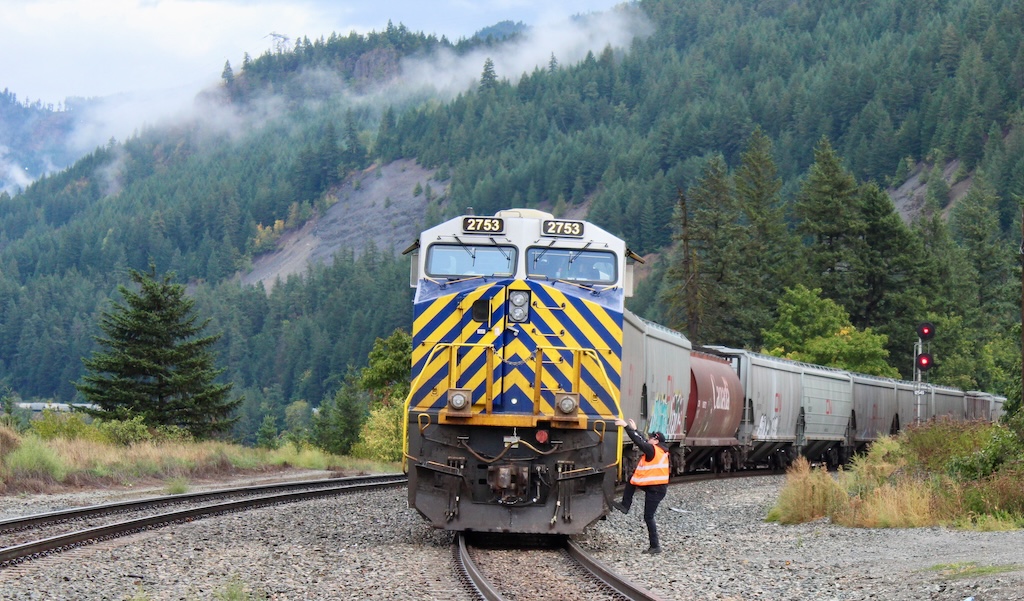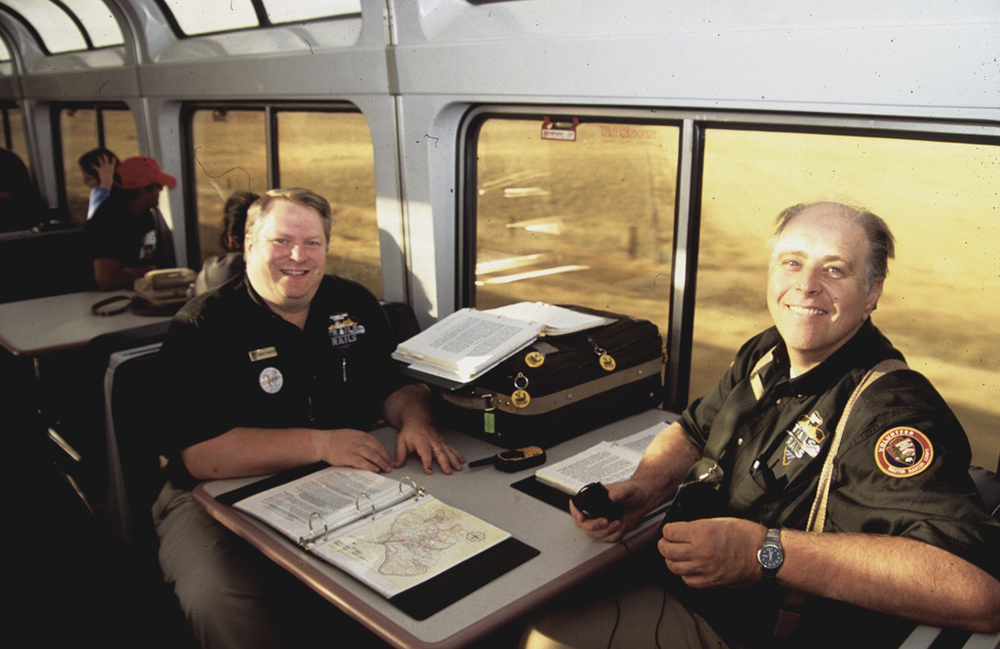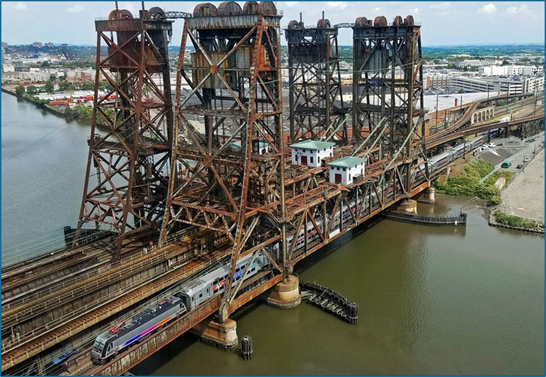
OTTAWA, Ontario — The Canada Industrial Relations Board has affirmed the decision by Labor Minister Steven MacKinnon to end the work stoppages at Canadian National Railway and Canadian Pacific Kansas City, requiring the railroads to resume operations and to impose binding arbitration between the railroads and the Teamsters Canada Rail Conference to resolve new contract terms.
Operations are to resume by 12:01 a.m. ET on Monday, Aug. 26, while the labor contract that expired on Dec. 31, 2023, is extended until a new agreement is completed. The start of the arbitration process will begin with a meeting with the CIRB on Thursday, Aug. 29, at 11 a.m. ET.
In response to the decision this evening (Saturday, Aug. 24), the union has said it will comply, but will also appeal the CIRB ruling to federal court.
“This decision by the CIRB sets a dangerous precedent,” TCRC President Paul Boucher said in a statement. “It signals to corporate Canada that large companies need only stop their operations for a few hours, inflict short-term economic pain, and the federal government will step in to break a union. The rights of Canadian workers have been significantly diminished today.”
A statement from Canadian National says the railroad will comply with the order. “While CN is disappointed an agreement could not be reached at the bargaining table,” the statement reads, “the company is satisfied that this order effectively ends the unpredictability that has been negatively impacting supply chains for months.”
CPKC also said it would comply and was ending the lockout it imposed on Aug. 22. The railroad’s statement said it was asking TCRC workers to return to work for the day shift on Sunday, Aug. 25, “so that we can get the Canadian economy moving again as quickly as possible and avoid further disruption to supply chains.” CPKC said the CIRB ruling “ends months of unnecessary uncertainty and disruption” for the economy, but also cautioned that it will take “several weeks” for the rail network to fully recover and “a period of time beyond that for supply chains to stabilize.”
The CIRB, in a pair of decisions — one addressing each railroad — said it determined it “does not have the authority to review the minister’s directions or to assess their validity,” saying that is a matter for the courts, and that it further “has no discretion for ability to refuse to implement, in whole or in part, the minister’s directions or to modify their terms.”
MacKinnon had announced his decision to send the matter to arbitration on Thursday, Aug. 22 — about 17 hours after both railroads locked out members of the TCRC. But rail operations remained in limbo as CPKC awaited the board’s ruling before advancing its plans to restart operations and the union kept its picket lines up at that railroad in the interim [see “Canada’s labor minister orders arbitration …,” Trains News Wire, Aug. 22, 2024]. CN ended its lockout on Thursday at 6 p.m. and the union originally said it would return, but then issued a strike notice effective at 10 a.m. on Monday, Aug. 26, while it awaited the CIRB action, saying the move was intended to “pressure CN into negotiating an agreement” [see “Teamsters Canada issues 72-hour strike notice …,” Trains News Wire, Aug. 23, 2024].
CN’s statement notes that the CIRB ruling prohibits any further labor stoppage during the arbitration process, and therefore voids the TCRC strike notice.
MacKinnon, in a post this evening on social media site X, said he expected the railroads and employees to “resume operations at the earliest opportunity.”
— Updated at 6:10 p.m. with details from CIRB rulings; updated at 6:20 p.m. with CN comment; updated at 6:40 p.m. with CPKC comment.














Reporting on his dispute has been somewhat slippery since in the miasma of negotiations I have never seen a clear description of the main contract clauses in dispute. Often they concern changes that a company wants to make to, in their view, improve and streamline operations and the unions resist most changes. Is this an arbitration where each side presents a total position and the Board picks one or the other, or will there still be negotiations on the points of contention? Looking forward to added Newswire releases on the conflict.
“Binding arbitration means that the parties waive their right to a trial and agree to accept the arbitrator’s decision as final. Generally, there is no right to appeal an arbitrator’s decision. Non-binding arbitration means that the parties are free to request a trial if they do not accept the arbitrator’s decision.”
In binding arbitration, both sides present their positions. After considering the positions of both sides, the arbitrator often splits the baby, making both both sides unhappy. If the either side holds a position that is so far off base, all bets are off.
On a side note, the Trudeau government has taken a strong stance against the workers that act in a manner adversely impacting the Canadian economy. The action taken against truckers during the covid debacle should be seen as a possible outcome.
I appreciate the efforts of the News Wire editorial staff to keep up with this story over the past few days. Mainstream US media has given it scant coverage and the non-paywalled Canadian media I have access to sometimes loses focus and gets lost in the weeds. The implications of the work stoppages for the whole North American economy were large. Glad you all were here.
I concur, this was useful information to have.